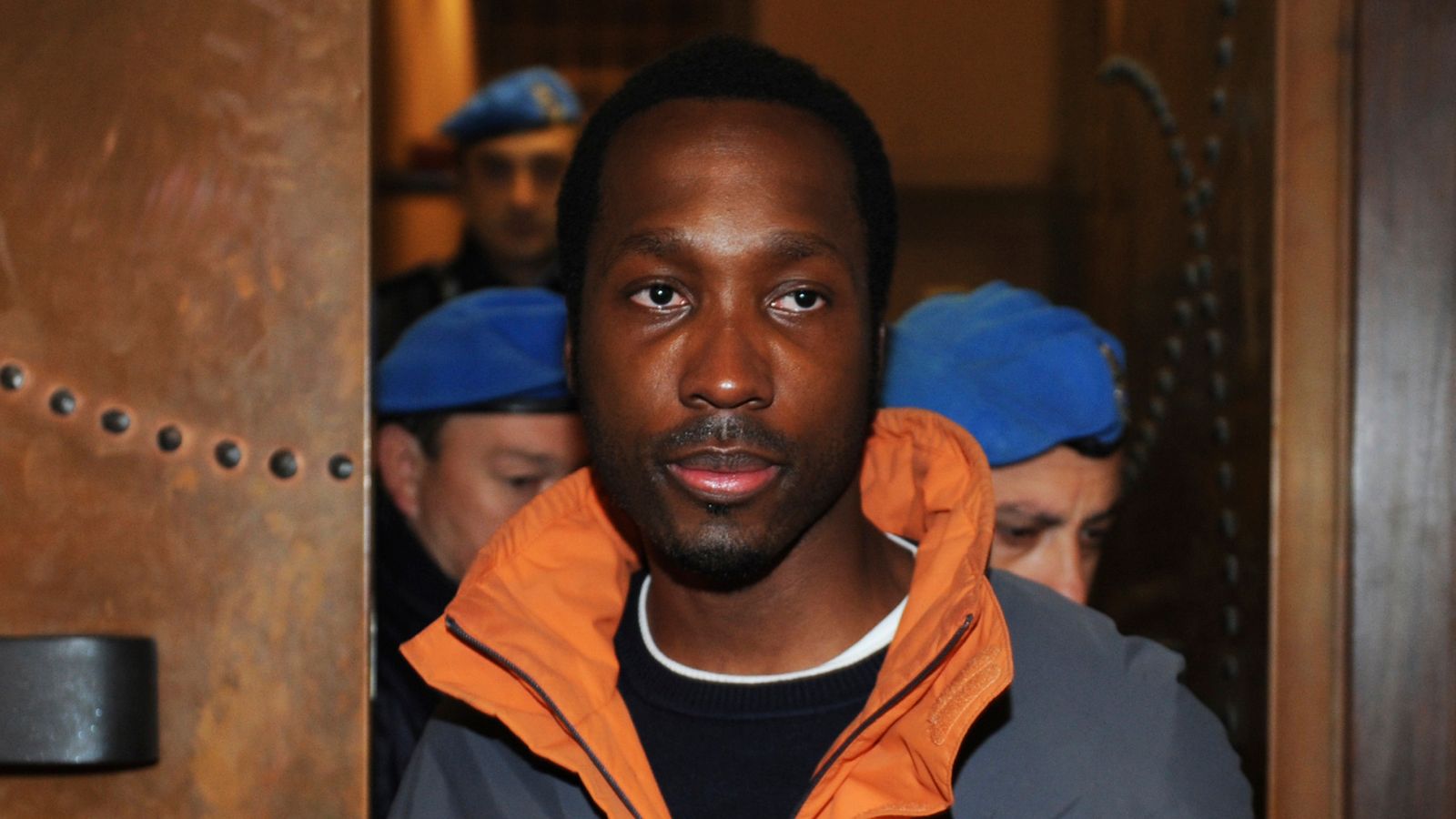Cliff Notes – Senate Democrats confront limits of their minority power
- After a challenging 10-week period, Senate Democrats are facing significant internal strife and criticism over their strategy to counter President Trump.
- The fallout from Schumer’s vote has led to swift backlash from both activists and House Democrats, who emphasized their non-complicity with the bill.
- Democrats face a bleak political landscape with looming retirements in key swing states, raising concerns regarding their ability to effectively counter the current administration’s agenda.
Senate Democrats Confront Limits of Their Minority Power
Washington (AP) — Senate Democrats were grim Friday as they left Washington after a brutal 10-week stretch that consistently showed the limits of their power in the minority — and culminated with a deeply personal rupture over how to best counter President Donald Trump.
“Everyone made hard decisions, right? Really hard decisions,” said Sen.
John Hickenlooper of Colorado, of the position in which Democrats found themselves over the last week as they had to decide between voting for a Republican spending bill they hated and shutting down the government. “It’s like two horrible things, and you can’t imagine either one.”
Internal dissension burst into the open Thursday evening after Senate Democratic Leader Chuck Schumer announced he would vote to move forward on the Trump-backed spending measure, ensuring its eventual passage even though Democrats said it would give Trump broad discretion on decisions that are traditionally left to Congress.
The intraparty backlash was unusually swift as activists and House Democrats who had uniformly opposed the bill heaped criticism on Schumer. House Democratic Leader Hakeem Jeffries, Schumer’s New York colleague, joined other top party members in a statement saying, “We will not be complicit.”
The heat on Schumer came after several other Democratic setbacks in the dizzying weeks since Trump’s inauguration, and as Republicans have only become more unified under the president’s second term.
Republicans confirmed Trump’s entire Cabinet swiftly and with little internal disagreement, denying Democrats the needed votes to block nominees they saw as extreme, including Defense Secretary Pete Hegseth and Health and Human Services Secretary Robert F. Kennedy Jr. Democrats were also unable to stop a series of moves by Trump’s administration that would normally be left to Congress under the law, including mass firings across the government. Adding to their challenges, the outlook for future Senate elections grew even gloomier after Democrats in three swing states — the latest being Jeanne Shaheen of New Hampshire — announced their retirement.
The days leading up to Friday’s vote on government spending were particularly bleak after several hourslong meetings that became contentious. Senate Democrats repeatedly left the meetings stone-faced and refusing to talk with reporters. The angst was particularly acute among rank-and-file who have spent years messaging about the perils of shutdowns.
“It’s a momentous decision,” said Shaheen, one of nine Democrats who voted with Schumer to keep the government open. The tension was unusually high after Senate Democrats had remained solidly unified through Trump’s first term and through most of Democrat Joe Biden’s presidency, when Democrats passed several major policy bills and held the Senate against perceived odds in the 2022 midterm elections. Schumer’s move to support the spending legislation put him in the rare position of bucking his party’s base.
He said that of two bad options, a partial government shutdown was worse because it would give Trump even more control to shut down agencies and there would be “no off-ramp” to get out of it. “I think people realize it’s a tough choice,” he said.
Reaction to Schumer’s decision was mixed. Massachusetts Sen. Elizabeth Warren, who voted not to move forward on the spending measure, wouldn’t answer when asked by reporters if she still has confidence in the Democratic leader. But Michigan Sen. Gary Peters, who voted to move forward, said Schumer “is showing leadership” by taking a stand.
Schumer and Democrats in his caucus say they believe they will eventually gain more political ground as members of their party become more motivated, and as they continue to criticize Trump on what they predict will be the economic ramifications of his policies.
On Friday, as he walked into the Senate to vote, Schumer said Democrats will “resume pounding away at Donald Trump” and arguing that he’s hurting the middle class economically. “It’s brought down his numbers some, and we’re going to keep at it, keep at it, keep at it.”
Sen. Peter Welch, D-Vt., said that spending vote was a “tough political call,” but the party would continue to be unified on the economic message. “All of our base wants us to fight, and I’m with them,” said Welch, who voted not to move forward on the spending measure. But he questioned whether the party ever had any leverage, as Trump was preparing to blame them if there was a shutdown.
Connecticut Sen. Richard Blumenthal said Democrats need to “keep their eyes on the ball.”“The stark reality is, we’re the minority in the House, we’re the minority in the Senate, and we don’t control the White House, so we need to use every tool as nimbly and ingeniously as we can,” Blumenthal said. “But most importantly, the growing anger.”




